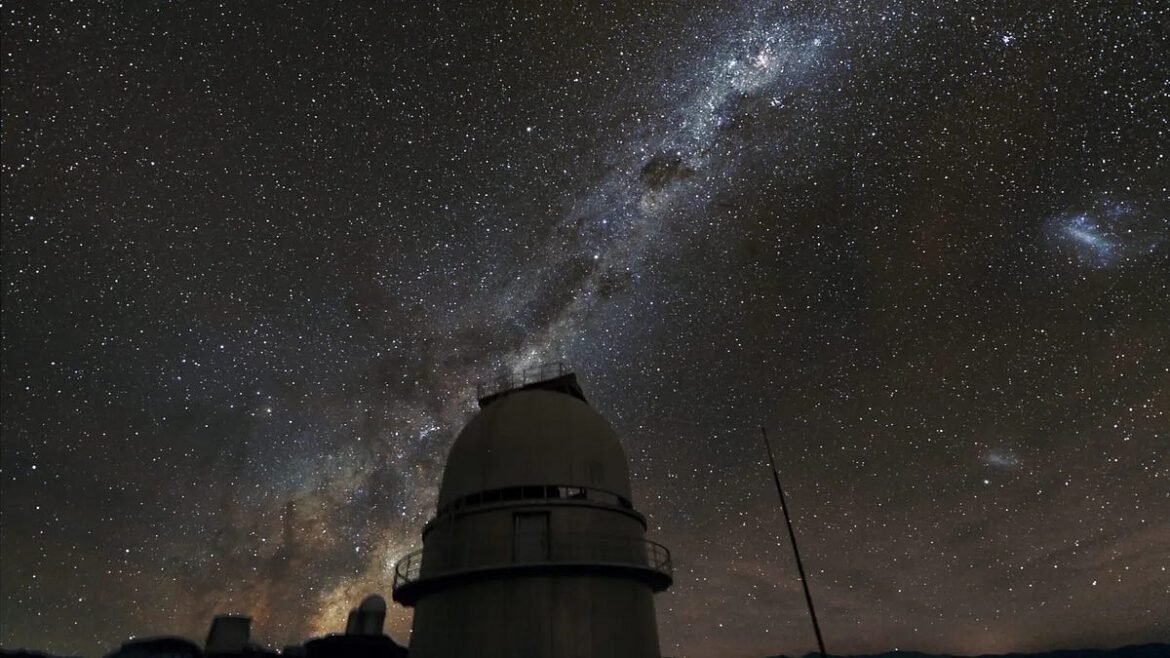Questions about our origins, biologically, chemically, and cosmically, are the most profound ones we can ask. Here are today’s best answers.
In all the world, and perhaps in all the Universe, there’s no greater question one can ask than the question of one’s own origins. For us, as human beings, this comes up often in our early childhood: we see, touch, and experience the world around us, and wonder where it all comes from. We look at ourselves and those around us, and wonder about our own origins. Even when we look to the heavens, and take in the spectacular sights of the night sky — the Moon, the planets, the stars, the glorious plane of the Milky Way, plus deep-sky objects — we’re filled with a sense of awe, wondering where the lights, and perhaps even the vast, empty darkness that separates them, all came from.
For millennia, we had only stories to be our guide: mythologies and untested, unsubstantiated ideas that sprung forth from human imagination. However, the enterprise of science has, for the first time in the history of our species, brought to us compelling, fact-based answers to many of these questions that enable us to make sense not just of nature, but of the story for how we came to be. Biologically…

